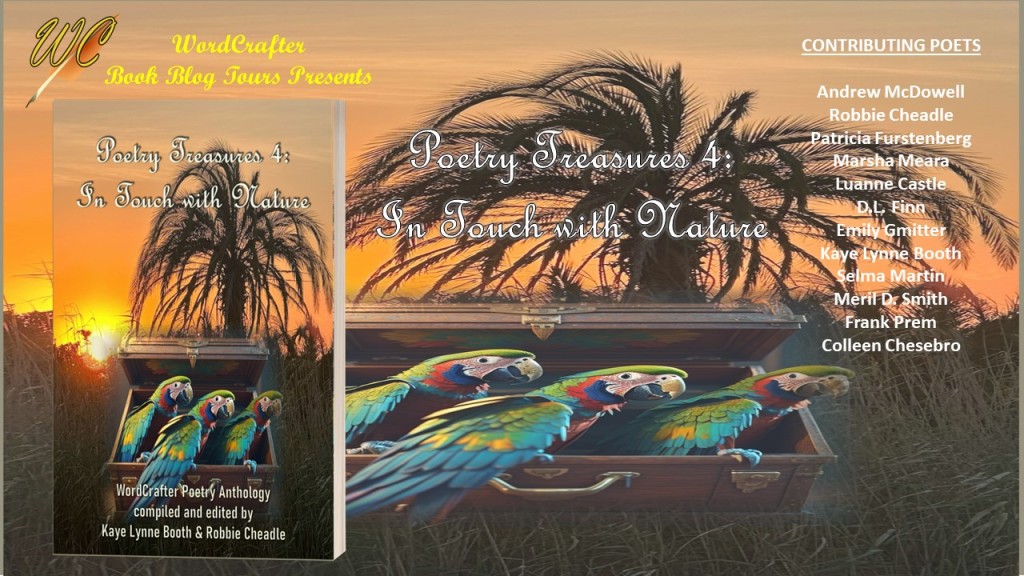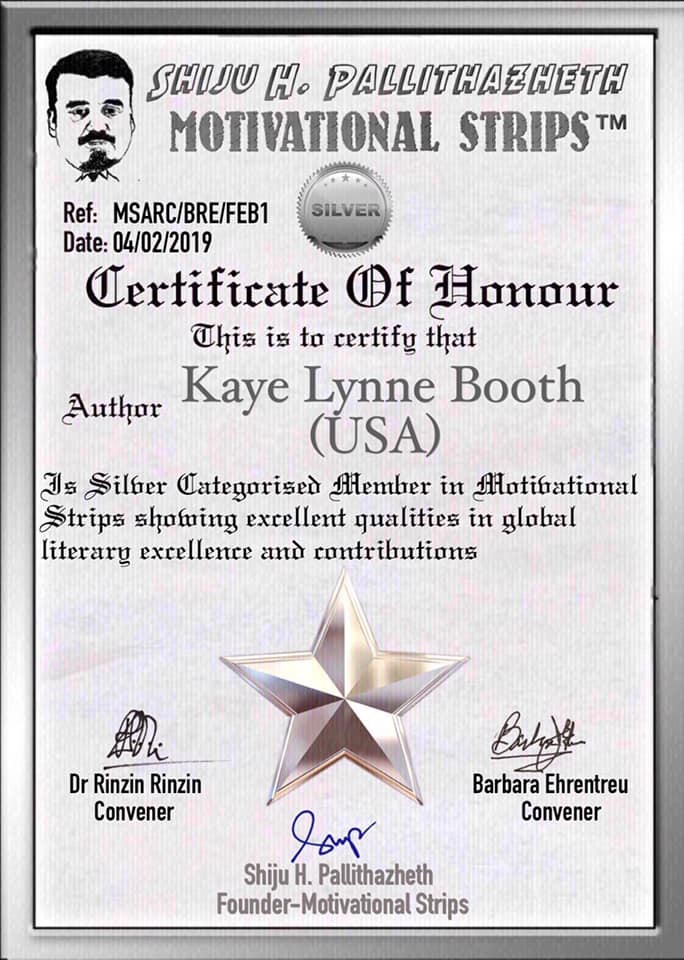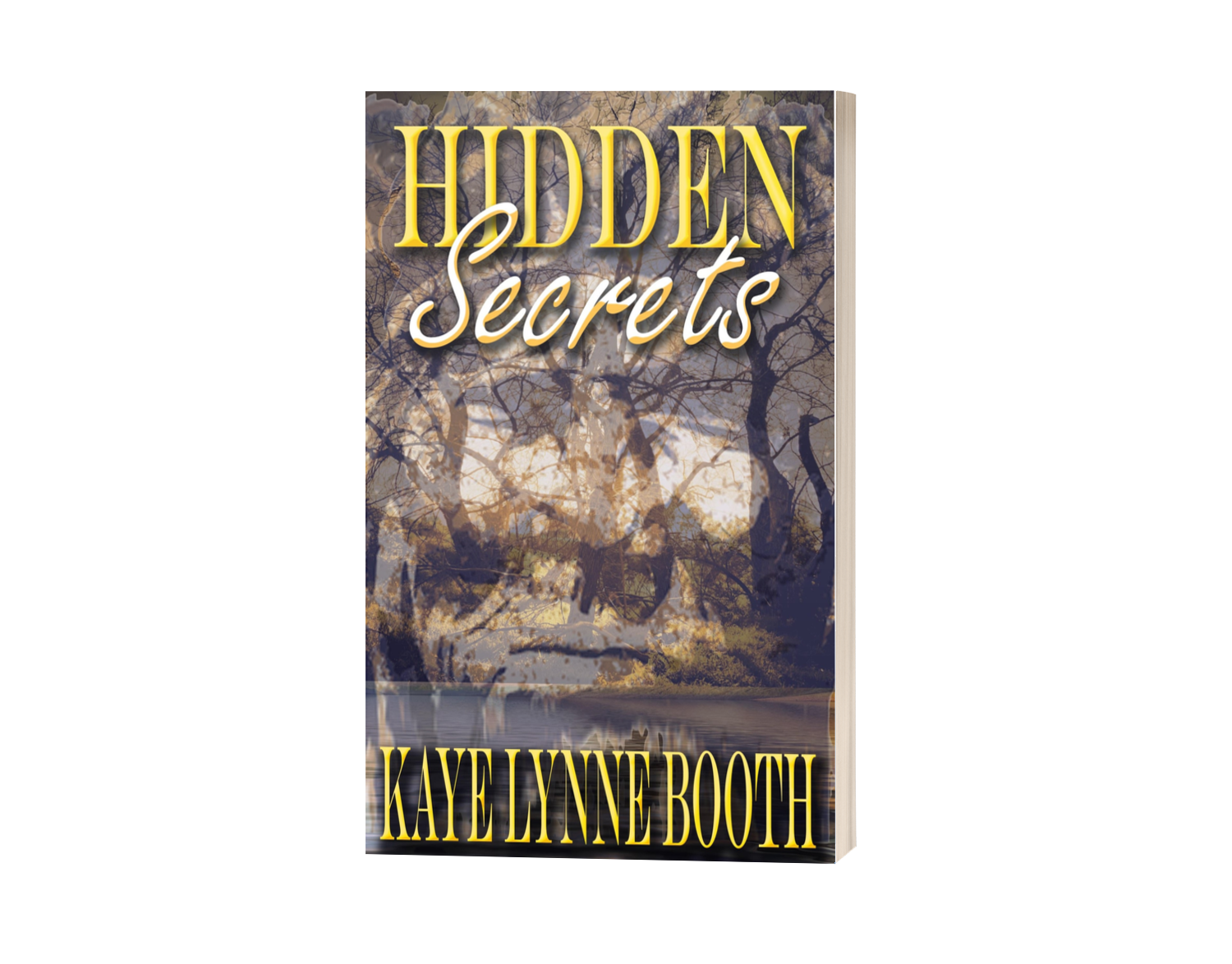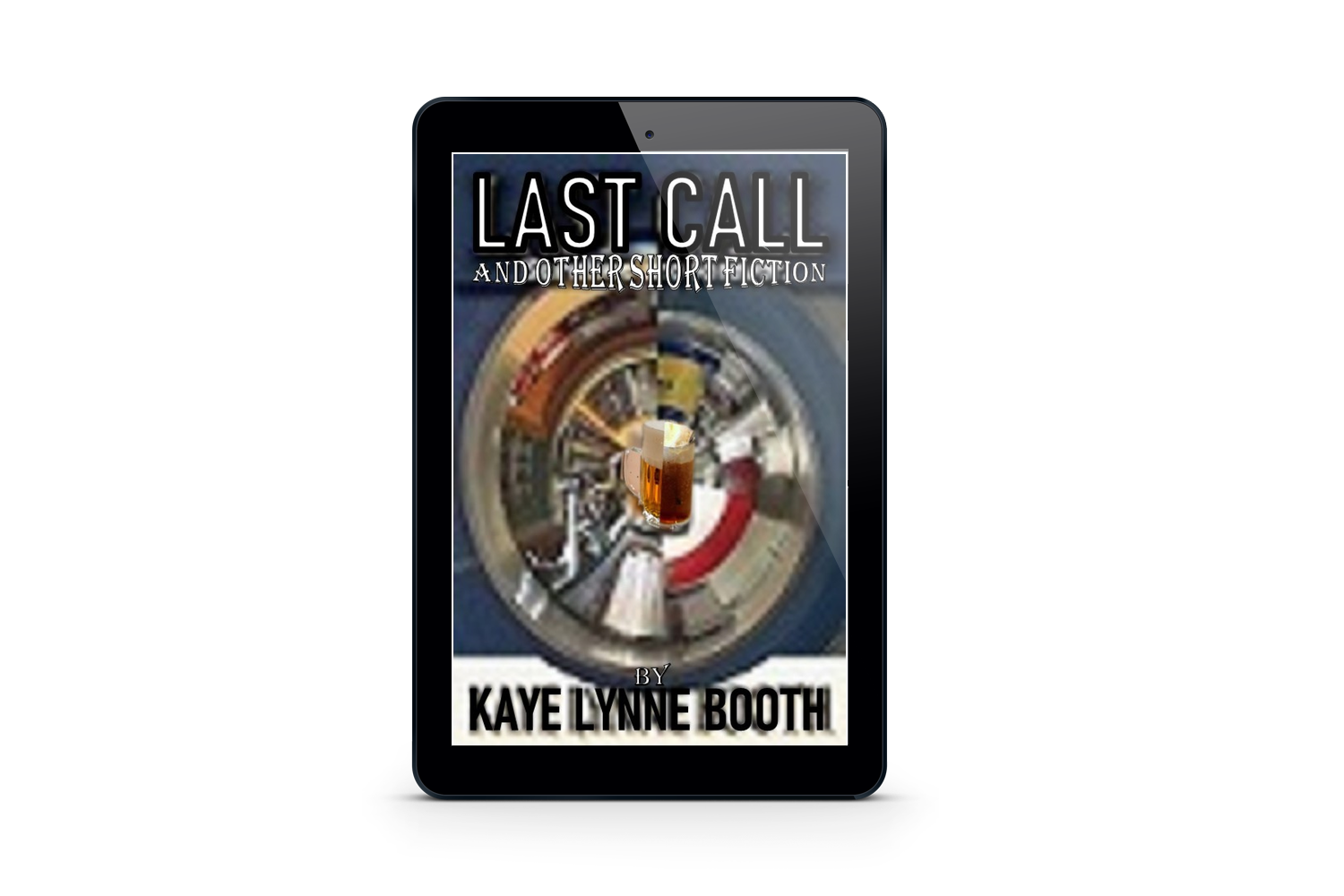Growing Bookworms – Age groups for children’s books: Middle-grade Fiction #growingbookworms #childrensfiction
Posted: May 8, 2024 Filed under: Children's Books, Growing Bookworms | Tags: Children's Books, Growing Bookworms, middlegrade, Robbie Cheadle, Writing to be Read 38 Comments
What is middle-grade fiction
Middle-grade fiction is aimed at readers aged between 8 and 12 years old. This genre is intended to be a bridge between simple children’s stories and stories that are more emotionally or thematically advanced. Importantly, middle-grade is not a genre, it is an age-based categorisation. Middle-grade fiction comes in all sorts of genres.
Books falling into the middle-fiction category are usually 30,000 to 50,000 words in length and are frequently in the third person point of view. The protagonist is usually between the ages of 10 and 13 years old and there is no graphic violence, sexuality or swearing.
While middle-grade stories can include heavy topics such as death, illness, mental illness, and war, the stories generally focus on dynamics between family and friends and don’t go into introspective discoveries and or social dynamics in the greater world.
Famous examples of midde-grade fiction
Holes by Louis Sachar
An excellent example of a complex middle-grade book is Holes by Louis Sachar. The main themes of Holes are: The power of fate to determine events; the benefits of friendship; the destructive nature of cruelty; and the importance of history in every day life.

This is the Amazon US blurb for Holes:
Stanley Yelnats’ family has a history of bad luck, so when a miscarriage of justice sends him to Camp Green Lake Juvenile Detention Centre (which isn’t green and doesn’t have a lake), it’s not exactly a surprise.
Every day he and the other inmates are told to dig a hole each, five foot wide by five foot deep, reporting anything they find. Why? The evil warden claims that it builds character, but this is a lie. It’s up to Stanley to dig up the truth.
A masterpiece of storytelling that combines sly humour with irresistible, page-turning writing.
You can purchase Holes from Amazon US here: https://www.amazon.com/Holes-Louis-Sachar-ebook
Roald Dahl’s books
Roald Dahl is synonymous with childhood in my mind. I absolutely loved his dark and quirky books when I was a young reader. I read these books to my two youngest sisters and also to both my sons. When I got the chance, I also read them to my nieces and nephews. I am a Dahl fan!
These are a few wonderful quotes from Roald Dahl’s books:
“A person is a fool to become a writer. His only compensation is absolute freedom. He has no master except his own soul, and that, I am sure, is why he does it.” from Boy: Tale of Childhood
“So please, oh please, we beg, we pray, Go throw your TV set away, And in its place, you can install A lovely bookshelf on the wall. Then fill the shelves with lots of books.” from Charlie and the Chocolate Factory
“Well, maybe it started that way. As a dream, but doesn’t everything.” from James and the Giant Peach (this is my favourite as it includes an assortment of giant bugs including Miss Spider).
You can find all of Roald Dahl’s books on Amazon US here: https://www.amazon.com/stores/Roald-Dahl/author/B000AQ0WGQ
Roald Dahl inspired a few of my fondant creations:

Toni Pike is a modern Indie author who has captured the same quirky and darkly humorous style of writing as Roald Dahl. You can find all of Toni Pike’s books here: https://www.amazon.com/stores/Toni-Pike/author/B009I70E8Y
Middle-grade series
There are several excellent middle-grade series.
My sons both loved Rick Riordan’s Percy Jackson. The first book in the series in Percy Jackson and the Lightning Thief. The hero, Percy Jackson, is half human and half Greek god. A quote from the Amazon blurb: I was just a normal kid, going to school, playing basketball, skateboarding. The usual. Until I accidentally vaporized my maths teacher. Now I spend my time battling monsters and generally trying to stay alive.
Talented Indie children’s author, Darlene Forster, has a wonderful series of middle-age books featuring a young girl, Amanda, who loves travelling to different countries. Everywhere Amanda goes, she falls into an adventure.
You can find all of Darlene’s Amanda books on Amazon US here: https://www.amazon.com/stores/Darlene-Foster/author/B003XGQPHA
Some writers start out as middle-grade writers and their targeted age group increases as their characters age. A famous example of such a writer is JK Rowling. The first two Harry Potter books were middle-grade stories. As her characters grew older, the books became more complicated, darker and much longer.
You can find the complete collection of Harry Potter books here: https://www.amazon.com/Harry-Potter-Complete-Collection-1-7-ebook/dp/B01B3DKROQ
Of course, if anyone reading this post hasn’t read Harry Potter I’ll eat Sir Chocolate – haha!

About Robbie Cheadle
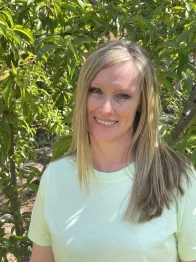
Award-winning, bestselling author, Robbie Cheadle, has published fifteen children’s book and three poetry books. Her work has also appeared in poetry and short story anthologies.
Robbie also has two novels published under the name of Roberta Eaton Cheadle and has horror, paranormal, and fantasy short stories featured in several anthologies under this name.
The eleven Sir Chocolate children’s picture books, co-authored by Robbie and Michael Cheadle, are written in sweet, short rhymes which are easy for young children to follow and are illustrated with pictures of delicious cakes and cake decorations. Each book also includes simple recipes or biscuit art directions which children can make under adult supervision.
Robbie and Michael’s new Southern African Safari Adventures series is aimed at teaching young children about Southern African wildlife in a fun and entertaining way. Each book contains a rhyming verse story about a particular animal, as well as illustrations by Robbie Cheadle, photographs and links to video footage about that animal.
Robbie’s blog includes recipes, fondant and cake artwork, poetry, and book reviews. https://robbiesinspiration.wordpress.com/
_____________________________________________
Want to be sure not to miss any of Robbie’s “Growing Bookworms” segments? Subscribe to Writing to be Read for e-mail notifications whenever new content is posted or follow WtbR on WordPress. If you found it interesting or entertaining, please share.
In Touch with Nature – Highly endangered African painted wild dogs #Africanwildlife #Africanwilddogs
Posted: April 24, 2024 Filed under: Africa, Animals, In Touch With Nature, Nature, Wildlife | Tags: African Wild Dogs, In Touch With Nature, Nature, Robbie Cheadle, Wildlife, Writing to be Read 76 Comments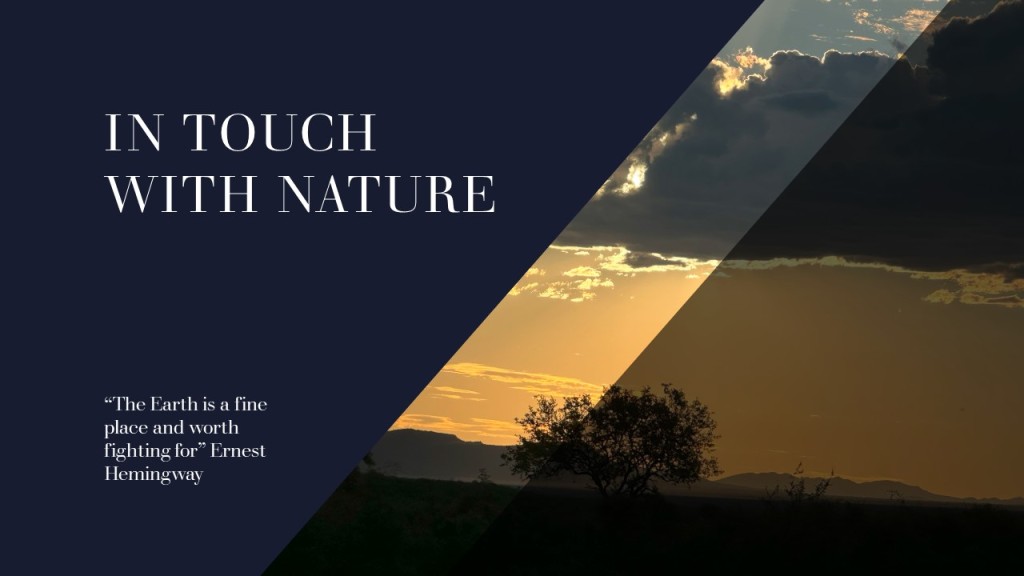
The African wild dog, also called the hunting dog or African painted dog, is currently listed as endangered on the IUCN Red List. According to the African Wildlife Foundation, only 6,600 African wild dogs remain in the wild across the entire African continent. The main reason for their endangerment is habitat fragmentation (the most common reason for wildlife endangerment) which causes conflict between these predators and humans. Throughout Africa, wild dogs have been shot and poisoned by farmers for loss of livestock, even though these losses are frequently due to other predators including hyenas and leopards. In addition, African wild dogs also suffer from endemic disease outbreaks.
African wild dogs have a mottled coat comprising of yellow, black and white patches. They have long legs with flat, broad heads, a short black muzzle, and large round ears.
Wild dogs have strong social bonds and live in packs of two to twenty-seven adults and yearling pups.
Wild dogs are excellent hunters. They hunt in packs of six to twenty individuals and catch their prey by chasing them to exhaustion. Wild dogs can run at speeds of up to 66 km/h (41 mph) for between 10 to 60 continuous minutes. They have an 80 percent kill success rate with is higher than bigger predators like lions and leopards.
Observers have noticed that prior to setting out to hunt, the wild dogs’ populations in the Okavango Delta of Botswana rally to determine whether they should depart. Departure is more likely when more individual dogs sneeze, a short sharp exhale through the nostrils. If a dominant dog initiates by sneezing, around three additional sneezes guarantee departure.
Sighting a pack of African wild dogs in the wild has been on my bucket list for a long time. I was lucky enough to see a pack of wild dogs at the Bthongo Rhino & Lion Nature Reserve but they live inside a relatively small enclosure and are fed.

Obviously, seeing wild dogs in captivity is not quite the same as seeing them in a national park or game reserve. I was, therefore, delighted when we saw wild dogs at Madikwe Game Reserve not once, but two days in a row. We were fortunate enough to observe, the hunt (chase), devouring of a kill, and wild dogs relaxing and having fun.





The poem below, Dog Vote, is extracted from my poetry book, Lion Scream.
Dog Vote
They yelp and growl at play
Then sleep in a mass
Of black fur, overlapped with yellow and white
They are invisible
Among the shadows
***
Having strong social bonds
Wild dogs live in packs
Dominated by a single breeding pair
But they all have a say
Conveyed as a vote
***
Before leaving to hunt
The adults rally
Sneezing to express a preference to hunt
The majority rules
All members comply
This is my YT video of African wild dogs playing:
African wild dogs in a gathering:
About Roberta Eaton Cheadle
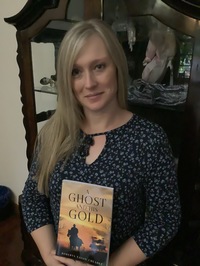
Award-winning, bestselling author, Roberta Eaton Cheadle, is a South African writer and poet specialising in historical, paranormal, and horror novels and short stories. She is an avid reader in these genres and her writing has been influenced by famous authors including Bram Stoker, Edgar Allan Poe, Amor Towles, Stephen Crane, Enrich Maria Remarque, George Orwell, Stephen King, and Colleen McCullough.
Roberta has two published novels and has horror, paranormal, and fantasy short stories included in several anthologies. She is also a contributor to the Ask the Authors 2022 (WordCrafter Writing Reference series).
Roberta also has thirteen children’s books and two poetry books published under the name of Robbie Cheadle, and has poems and short stories featured in several anthologies under this name.
Roberta’s blog features discussions about classic books, book reviews, poetry, and photography. https://roberta-writes.com/.
Find Roberta Eaton Cheadle
Blog: https://wordpress.com/view/robertawrites235681907.wordpress.com
Twitter: https://twitter.com/RobertaEaton17
Facebook: https://www.facebook.com/robertawrites
Amazon: https://www.amazon.com/Roberta-Eaton-Cheadle/e/B08RSNJQZ5
_____________________________________________________________________________________________
Want to be sure not to miss any of Robbie’s “In Touch With Nature” segments? Subscribe to Writing to be Read for e-mail notifications whenever new content is posted or follow WtbR on WordPress. If you found it interesting or entertaining, please share.
Treasuring Poetry – Meet prolific poet, Ivor Steven, and a review #poetry #poetrycommunity #TreasuringPoetry
Posted: April 17, 2024 Filed under: Book Review, Books, Collection, Interview, Poetry, Review, Treasuring Poetry | Tags: Book Reveiw, Ivor Steven, Poetry, Robbie Cheadle, Treasuring Poetry, Until Eyes Hear Sound, Writing to be Read 53 Comments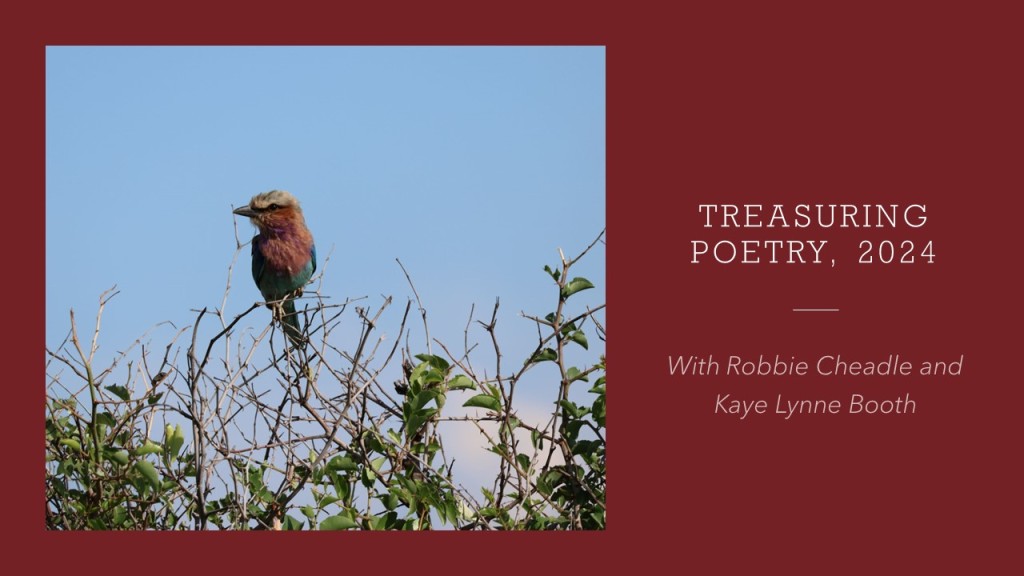
My April Treasuring Poetry guest is talented and prolific poet, Ivor Steven. Please enjoy his thoughts about poetry and some of his favourite poems.
What is your favourite style of poetry to read?
Oh, there are so many styles of poetry that I like. In my personal library I have poetry books by Leonard Cohen, William B Yeats, Walt Whitman, Emily Dickinson, John Keats, Henry Lawson, Banjo Paterson, and Rupi Kaur, and of course numerous other local poets. My selections are of a range of styles and very eclectic, however, my favourite poetry style is rhythmical freestyle poems.
What is your favourite poem in your favourite style to read?
Since I was a teenager, I have been an avid follower of Leonard Cohen’s writings, and he has had a huge influence on the way I draft my poems. One of my favourite poems of his is “Avalanche”.
“Avalanche“
Well, I stepped into an avalanche,
it covered up my soul;
when I am not this hunchback that you see,
I sleep beneath the golden hill.
You who wish to conquer pain,
you must learn, learn to serve me well.
You strike my side by accident
as you go down for your gold.
The cripple here that you clothe, and feed
is neither starved nor cold;
he does not ask for your company,
not at the centre, the centre of the world.
When I am on a pedestal,
you did not raise me there.
Your laws do not compel me
to kneel grotesque and bare.
I myself am the pedestal
for this ugly hump at which you stare.
You who wish to conquer pain,
you must learn what makes me kind;
the crumbs of love that you offer me,
they’re the crumbs I’ve left behind.
Your pain is no credential here,
it’s just the shadow, shadow of my wound.
I have begun to long for you,
I who have no greed;
I have begun to ask for you,
I who have no need.
You say you’ve gone away from me,
but I can feel you when you breathe.
Do not dress in those rags for me,
I know you are not poor;
you don’t love me quite so fiercely now
when you know that you are not sure,
it is your turn, beloved,
it is your flesh that I wear.
What is your favourite style of poetry to write? Why?
I must say I like writing Haiku, Tanka, musettes, and other forms of short poems. However, I only started writing poetry after I had suffered a semiserious stroke in 2000. During my rehab, the speech therapist encouraged me to write rhyming words to help regain my cognitive abilities. I developed a knack for rhyming words and from there my writing knowledge gradually expanded. With my restricted thought process, the rhythmical Freestyle Poems were an uncomplicated style for me to follow and I kept improving on my newfound journey into the world of poetry.
What is your favourite of your own poems in your favourite style?
Oh gosh, I have written nearly two thousand poems over the past twenty years, my favourite one is from my first book “Tullawalla”, I wrote the poem in Philadelphia while visiting my cousins in 2019. The trip to America was only two months after my 2nd and 3rd strokes, and the journey was truly a “dream come true”.
Dreams of The Heart
I cannot walk the continents
Like the intrepid Marco Polo
But my feet have felt the sands of time
Pass between my toes
I have not sailed the high seas
Like the courageous Christopher Columbus
But my body has bathed
In an ocean full of kind hearts I am yet to fly in space
Like the brave Neil Armstrong
But I have reached for the stars
And touched my soul’s dreams
How do you promote your poetry and poetry books?
I promote my poetry and books via my WordPress website, and social media sites: Instagram. Facebook. Thread, and a new website Medium. Also, I am an appointed writer for the online Coffee House Writers magazine (America), and they allow me to promote my Books on their members chat-site. I am a member the Geelong Writers Inc, who have Monthly social gatherings where I can sell my books. I frequent several local cafes, at which I am allowed to display and sell my books. I regularly attend local Arts Markets and I have had Book Stalls at nearby book festivals, the most recent being the prestigious Clunes Booktown Festival.
>> Clunes Booktown Festival – For the love of story
You can find out more about Ivor Steven on his blog here: https://ivorplumberpoet.press/about/
My review of Until Eyes Hear Sound
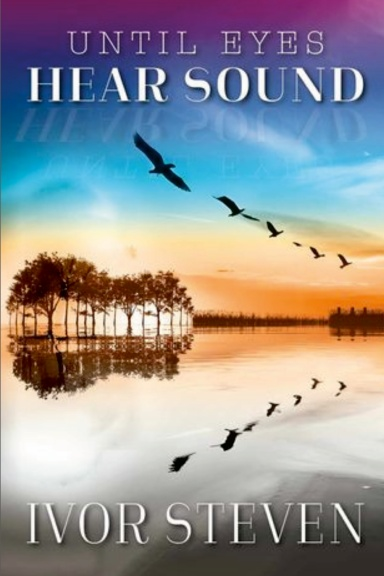
Available from Lulu.com here: https://www.lulu.com/search?contributor=Ivor+Steven&adult_audience_rating=00
and Jaymah Press here: https://www.jaymahpress.com.au/product-page/until-eyes-hear-sound
Until Eyes Hear Sound is a wonderful collection full of impactful poems about numerous important issues humanity faces as a collective, as well as the beauty of our natural world.
The book is divided up into ten chapters as follows: Little Creatures and Birds; Planet Earth, Nature and Existence; The New World? The Same Universe; Observations – “Until Eyes Hear Sound”; War! Without Peace?; Memories and Rhymes; Poetry in Slow Motion; Humour, Fantasy, Faeries, and Weird; and Short Poems, Haiku, Senryu, Tanka, and Others. Each section shares a smaller collection of poems that highlight the best and worst of that category. The poems are written in a mixture of freestyle and rhyming verse and are easy to read and vivid in their description.
The following are a few lines from some of the poems I related to the most in the collection:
“Raw rain is tumbling across town
Mother Nature’s roaring sound
Amplifies her tears slapping the ground
As her dark clouds wrinkle into a frown”
from She Knows
“Behind every mask there is a weathered face
Behind every face old lines survive in place
Behind every place memories live with grace”
from My World, My Thoughts
“arriving
via the cemetery gate
holding her flowers
hands quivering
heart quickens …
“leaving
via the cemetery path
renewing goodbyes
crying silently
breathing slowly”
from Arriving and Leaving, Visiting Her. This was my favourite poem in the collection.
A beautiful collection.
About Robbie Cheadle

Award-winning, bestselling author, Robbie Cheadle, has published fourteen children’s books and three poetry books. Her work also features in several poetry and short story anthologies.
Robbie also has two novels published under the name of Roberta Eaton Cheadle and has horror, paranormal, and fantasy short stories featured in several anthologies under this name.
The eleven Sir Chocolate children’s picture books, co-authored by Robbie and Michael Cheadle, are written in sweet, short rhymes which are easy for young children to follow and are illustrated with pictures of delicious cakes and cake decorations. Each book also includes simple recipes or biscuit art directions which children can make under adult supervision.
Robbie and Michael Cheadle have recently launched a new series of children’s books called Southern African Safari Adventures. The first book, Neema the Misfit Giraffe is now available from Amazon.
Robbie’s blog includes recipes, fondant and cake artwork, poetry, and book reviews. https://robbiesinspiration.wordpress.com/
Wrapping Up the WordCrafter “Poetry Treasures 4” Book Blog Tour
Posted: April 13, 2024 Filed under: Anthology, Book Release, Book Review, Books, Giveaways, Poetry, Poetry Readings, Review, WordCrafter Book Blog Tours, WordCrafter Press | Tags: Book Review, Giveaway, Poetry, Poetry Anthology, Poetry Reading, Poetry Treasures 4: In Touch with Nature, Robbie Cheadle, WordCrafter Book Blog Tours Leave a commentIt’s the last stop on the WordCrafter Poetry Treasures 4 Book Blog Tour, and we’re over at Carla Loves to Read with Carla’s review and a lovely reading by Robbie Cheadle of her poem, “Long Day (In the Bush)”. The perfect way to wrap up this wonderful tour and send off for this delightful anthology, Poetry Treasures 4: In Touch with Nature. Won’t you join us?
Growing Bookworms – Age groups for children’s books: Early Readers #GrowingBookworms #childrensfiction
Posted: April 10, 2024 Filed under: Books, Children's Books, Fiction, Growing Bookworms, Interactive Books | Tags: Children's Books, Growing Bookworms, Robbie Cheadle, Writing to be Read 47 Comments
Encouraging children to read is very important. Reading helps children build language skills, learn about the larger world and also, develop empathy and emotional awareness. Parents reading to their children is one of the greatest gifts you can give.
In order to ensure the children are fully engaged in the book and story, it is important to read age appropriate books. If a story is to complex for a child, he/she will not fully engage and will lose interest. If the book is to easy for the child, he/she will not learn anything new and there will be no progression.
This is a summary of the different age groups for children’s books:
Books for toddlers
These books are aimed at children up to approximately 3 years old. They are printed on hard cardboard for durability and usually contain interesting pictures with accompanying words and/or phrases.
Early picture books
The age group for these books is 2 to 5 years old. These books are driven by colourful illustrations and often teach a life lesson about friendship, empathy, and kindness. They help teach children the social skills they need for school. The text is simple but stimulating.
Picture books
Picture books are aimed at children aged between 5 and 8 years old. These books contain a full story, sometimes told in rhyming verse, and contained beautiful pictures and illustrations to maintain interest and aid reading. These books are usually between 600 to 1,000 words in length and often include educational material.
This is the target market for most of my children’s books which are interactive and also include recipes (Sir Chocolate books), activities for children (Sir Chocolate Highdays and Holidays books series) and wildlife facts, photographs and wildlife videos (Southern African Safari Adventures Books).


First chapter books and graphic novels
These books are aimed at children who have learned to read on their own. They are usually between 3,000 and 5,000 words in length and contain a more complex story line. While these books still contain illustrations, there is more text than pictures in the book. The storylines often still adhere to the concepts of acceptance, friendship, and sharing. These books can also expand into more complex areas such as nature conservation and exploration.
Michael and my book, Haunted Halloween Holiday, fits into this category. This story’s primary messaging is around acceptance and diversity. The family unit around which the story revolves comprises of Count Sugular, a vampire, Witch Honey, their baby, Baby Howler, who is a banshee, and Skelly, Count Sugular’s brother who is a skeleton.
I created a short YT video story called Haunted Halloween Safari which uses some of the characters from Haunted Halloween Holiday and gives an idea of writing and creative level of this type of book.
About Robbie Cheadle

Award-winning, bestselling author, Robbie Cheadle, has published fifteen children’s book and three poetry books. Her work has also appeared in poetry and short story anthologies.
Robbie also has two novels published under the name of Roberta Eaton Cheadle and has horror, paranormal, and fantasy short stories featured in several anthologies under this name.
The eleven Sir Chocolate children’s picture books, co-authored by Robbie and Michael Cheadle, are written in sweet, short rhymes which are easy for young children to follow and are illustrated with pictures of delicious cakes and cake decorations. Each book also includes simple recipes or biscuit art directions which children can make under adult supervision.
Robbie and Michael’s new Southern African Safari Adventures series is aimed at teaching young children about Southern African wildlife in a fun and entertaining way. Each book contains a rhyming verse story about a particular animal, as well as illustrations by Robbie Cheadle, photographs and links to video footage about that animal.
Robbie’s blog includes recipes, fondant and cake artwork, poetry, and book reviews. https://robbiesinspiration.wordpress.com/
_____________________________________________
Want to be sure not to miss any of Robbie’s “Growing Bookworms” segments? Subscribe to Writing to be Read for e-mail notifications whenever new content is posted or follow WtbR on WordPress. If you found it interesting or entertaining, please share.
Robbie Shares Her Poetry
Posted: April 6, 2024 Filed under: Poetry | Tags: Poetry, Robbie Cheadle 2 CommentsRobbie Cheadle shares her poem “He Walks Away”.
In Touch With Nature – Lionesses, the queens of the savannah #lionesses #wildlife
Posted: March 27, 2024 Filed under: Animals, In Touch With Nature, Nature, Writing to be Read | Tags: Animal Kindom, In Touch With Nature, Lions, Robbie Cheadle, Writing to be Read 58 Comments
Last month, I discussed the role of male lions in the pride. If you missed it, you can read it here: https://writingtoberead.com/2024/02/28/in-touch-with-nature-the-vulnerable-life-of-male-lions-wildlife-lions/. This month I’m talking about female lions.
Lionesses are the primary hunters within the pride. They hunt in groups of three to eight females, all of whom are usually related. Lionesses display exceptional teamwork during hunts, deploying strategic hunting techniques, such as coordinated flanking and ambushing, to outmaneuver their prey. Their synchronized approach increases the likelihood of a successful kill. Lionesses, working together, are able to take down a target twice their size. Lion prey includes zebra, wildebeests, buffalo, antelope and other grassland animals.

Lions will kill other predators including leopards, cheetahs, hyenas and African wild dogs. They do not eat them as the flesh of other predators is not nutritious. Lion predator kills are purely to remove competitors for food and territory, as well as threats to the lions young. In particular, lions actively kill leopards as leopards kill and eat their cubs.

This is my video of this lioness kill:
Lionesses are known to be excellent mothers and will go to great lengths to ensure the survival of their cubs. Lion mating is polygamous and takes place all year round. The dominant male will copulate with multiple females within his pride. Lionesses are receptive to mating for three or four days within their variable reproductive cycle and during this time they will mate frequently, up to fifty times per day. Female lions have the ultimate say in deciding which lion they will reproduce with. Lionesses observe the males carefully, accessing their physical condition, strength, and overall fitness, before committing to a partnership. Lionesses are also not monogamous and can mate with multiple lions during their estrous cycle, although it has been observed that approximately two-thirds of these mating events occur with the primary male, with the remaining third being distributed among multiple males from the peripheral coalitions of that primary male. This means that a single litter can have cubs from different fathers. Lionesses in the same pride often breed around the same time and the resultant cubs are raised together.
My video of lions mating:
Lionesses are pregnant for 105 to 112 days, during which time her belly will grow larger, and her nipples will enlarge and darken. Just before giving birth, the lioness will begin to look for a safe and secure place to give birth. Once she has found a suitable spot that is hidden from predators and close to water, she will start to build a den using grass and other materials. The actual birth is relatively quick, approximately 1 hour, and between two and four is the usual number for a litter.
The cubs are born blind and helpless and rely on their mothers to protect and care for them. During the first few weeks of their lives, the cubs feed on their mother’s milk and she only leaves them for short periods to hunt.
My video of lion clubs:
Last month I said that male lions commit infanticide and can kill the cubs of other males. Given that lionesses are fiercely protective of their cubs, why do they not defend their cubs from lions? The answer is simply that male lions are much bigger and more aggressive than lionesses. Challenging a male lion is risky for a lioness as it could lead to the serious injury or death of the lioness, as a result, in this situation the lioness will prioritise her own survival and the wellbeing of the rest of the pride over the survival of her cubs.
If you are interested in seeing more of my photographs, videos and artworks relating to Cats, please enjoy this stunning post created by the talented Resa McConaghy. Resa and I share a love for wildlife and a passion for conservation.
Lion Lust by Robbie Cheadle
Sidling up beside her
He strokes her shoulder
In a gesture of affection for his mate
He quickly mounts her
For the eighteenth time
***
She walks quickly away
He meekly follows
Lying down face-to-face in her chosen spot
A short period of rest
Before the next round
***
They will stay together
For twenty-four hours
Mating every twenty to thirty minutes
Despite his high demands
She lovingly purrs
This poem is from my book Lion Scream, Syllabic Poetry About Southern African Wildlife.

About Roberta Eaton Cheadle

Award-winning, bestselling author, Roberta Eaton Cheadle, is a South African writer and poet specialising in historical, paranormal, and horror novels and short stories. She is an avid reader in these genres and her writing has been influenced by famous authors including Bram Stoker, Edgar Allan Poe, Amor Towles, Stephen Crane, Enrich Maria Remarque, George Orwell, Stephen King, and Colleen McCullough.
Roberta has two published novels and has horror, paranormal, and fantasy short stories included in several anthologies. She is also a contributor to the Ask the Authors 2022 (WordCrafter Writing Reference series).
Roberta also has thirteen children’s books and two poetry books published under the name of Robbie Cheadle, and has poems and short stories featured in several anthologies under this name.
Roberta’s blog features discussions about classic books, book reviews, poetry, and photography. https://roberta-writes.com/.
Find Roberta Eaton Cheadle
Blog: https://wordpress.com/view/robertawrites235681907.wordpress.com
Twitter: https://twitter.com/RobertaEaton17
Facebook: https://www.facebook.com/robertawrites
Amazon: https://www.amazon.com/Roberta-Eaton-Cheadle/e/B08RSNJQZ5
_____________________________________________________________________________________________
Want to be sure not to miss any of Robbie’s “In Touch With Nature” segments? Subscribe to Writing to be Read for e-mail notifications whenever new content is posted or follow WtbR on WordPress. If you found it interesting or entertaining, please share.
Growing Bookworms – Fun creations using fondant and Easter eggs #fondantart #Easter
Posted: March 13, 2024 Filed under: craft, Creative Projects, Growing Bookworms, Parenting, Teaching children | Tags: Easter Decorations, Fondant Art, Growing Bookworms, Robbie Cheadle, Writing to be Read 43 Comments
This month, I thought I would share a few ideas for making fun Easter creations using Easter eggs and fondant. Children love making things and modelling fondant is similar to modelling play dough.
I used candy coated hens eggs to make my creations but you can use any hens eggs sized Easter egg.
Step-by-step: How to make an Easter chick from fondant and an Easter egg


If you don’t have cutters, you can just cut the shapes freehand.







You can download a free PDF with these instructions here: https://robbiesinspiration.files.wordpress.com/2024/03/easter-chick.pdf
Step-by-step: How to make panda bear from fondant and an Easter egg








You can download a free PDF with these instructions here:
https://robbiesinspiration.files.wordpress.com/2024/03/panda-bear.pdf
Some other fondant and Easter egg idea – a dinosaur and a pig.


About Robbie Cheadle

Award-winning, bestselling author, Robbie Cheadle, has published fifteen children’s book and two poetry books. Her work has also appeared in poetry and short story anthologies.
Robbie also has two novels published under the name of Roberta Eaton Cheadle and has horror, paranormal, and fantasy short stories featured in several anthologies under this name.
The eleven Sir Chocolate children’s picture books, co-authored by Robbie and Michael Cheadle, are written in sweet, short rhymes which are easy for young children to follow and are illustrated with pictures of delicious cakes and cake decorations. Each book also includes simple recipes or biscuit art directions which children can make under adult supervision.
Robbie and Michael’s new Southern African Safari Adventures series is aimed at teaching young children about Southern African wildlife in a fun and entertaining way. Each book contains a rhyming verse story about a particular animal, as well as illustrations by Robbie Cheadle, photographs and links to video footage about that animal.
Robbie’s blog includes recipes, fondant and cake artwork, poetry, and book reviews. https://robbiesinspiration.wordpress.com/
In Touch With Nature – The vulnerable life of male lions #wildlife #lions
Posted: February 28, 2024 Filed under: Animals, In Touch With Nature, Poetry, Wildlife | Tags: Animals, In Touch With Nature, Lions, Robbie Cheadle, South Africa, Wildlife, Writing to be Read 74 Comments
Lions live in groups called prides. Each pride is comprised of related lionesses and one or more adult male lions will also be present with the dominant male being the pride leader. Female lionesses are loyal to their pride and not to their family members, and this often means that they don’t keep related males in their pride.
Male lion cubs are frequent victims of snake bits, hunting hyenas, and male lions that aren’t their father or uncle. One in two male lion cubs will die in their first year of life. The greatest single cause of male lion mortality in the first year of life is infanticide by unrelated male lions.

At approximately three years of age, male lions are pushed out of their pride by their fathers. Alternatively, they may be forced to leave the pride when a new coalition of male lions takes over the pride. For a period of two or three years after leaving their prides, young male lions wander on their own, trying to avoid confrontation with older, stronger male lions. Frequently, single males find other males of a similar age and join them to form a coalition. Coalitions typically comprise of two to four male lions and are often made up of brothers or cousins although some include unrelated males. The main purpose for male lions forming coalitions is to compete with other male lions for mates.
When the males in a coalition reach four to five years of age, they will challenge other male coalitions for access to a pride of lionesses. When a new coalition takes over a pride, the new males seek out and kill the cubs of other males or drive them away. The purpose of the killing of cubs is to accelerate the return of the lionesses to a reproductive state thereby allowing the new males to raise their own cubs. The dominant male or pride leader generally gets first mating rights but lionesses do mate with other pride males. The lesser males usually get their opportunity when several females are in heat at the same time and if the dominant male losses interest while the lionesses are still in heat.



The dominant male is usually the largest, strongest male lion. Dominant males usually only retain that position for a few years and then they are challenged by a younger male or an outside coalition. During their time as pride leader, the male is responsible for defending the females and their cubs from predators such as hyenas.
When a battle for leadership takes place within an existing pride, the battle is usually fierce but not deadly. If an outside coalition challenges the leader, the battle will be to the death.
Brothers, a 99-sylable Double Ennead poem by Robbie Cheadle

Dry, yellow grass stretches
To the horizon
Just there, under a scrub tree, lie two brothers
Within slumbers embrace
They soak up the sun
***
The colour of ripe wheat
They blend with the bush
Male lions resting peacefully
Enjoying blissful dreams
Concerning fat buck
***
One starts gently stirring
Rolls over and sighs
His underbelly unintimidating
But then he yawns widely
Showing great long teeth
This poem is included in Lion Scream, Syllabic Poetry About Southern African Wildlife

Lion brothers walking on the road:
About Roberta Eaton Cheadle

Award-winning, bestselling author, Roberta Eaton Cheadle, is a South African writer and poet specialising in historical, paranormal, and horror novels and short stories. She is an avid reader in these genres and her writing has been influenced by famous authors including Bram Stoker, Edgar Allan Poe, Amor Towles, Stephen Crane, Enrich Maria Remarque, George Orwell, Stephen King, and Colleen McCullough.
Roberta has two published novels and has horror, paranormal, and fantasy short stories included in several anthologies. She is also a contributor to the Ask the Authors 2022 (WordCrafter Writing Reference series).
Roberta also has thirteen children’s books and two poetry books published under the name of Robbie Cheadle, and has poems and short stories featured in several anthologies under this name.
Roberta’s blog features discussions about classic books, book reviews, poetry, and photography. https://roberta-writes.com/.
Find Roberta Eaton Cheadle
Blog: https://wordpress.com/view/robertawrites235681907.wordpress.com
Twitter: https://twitter.com/RobertaEaton17
Facebook: https://www.facebook.com/robertawrites
Amazon: https://www.amazon.com/Roberta-Eaton-Cheadle/e/B08RSNJQZ5
_____________________________________________________________________________________________
Want to be sure not to miss any of Robbie’s “In Touch With Nature” segments? Subscribe to Writing to be Read for e-mail notifications whenever new content is posted or follow WtbR on WordPress. If you found it interesting or entertaining, please share.

